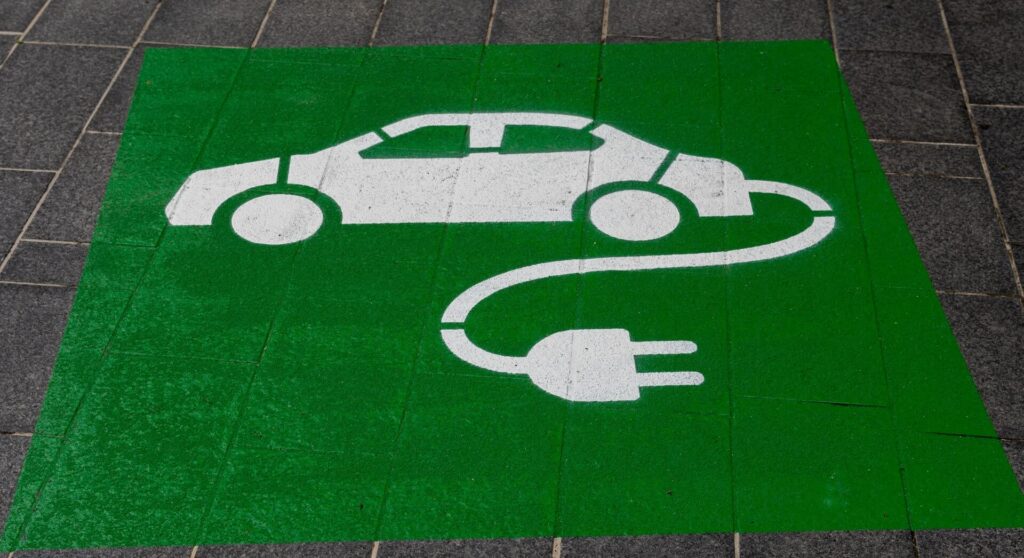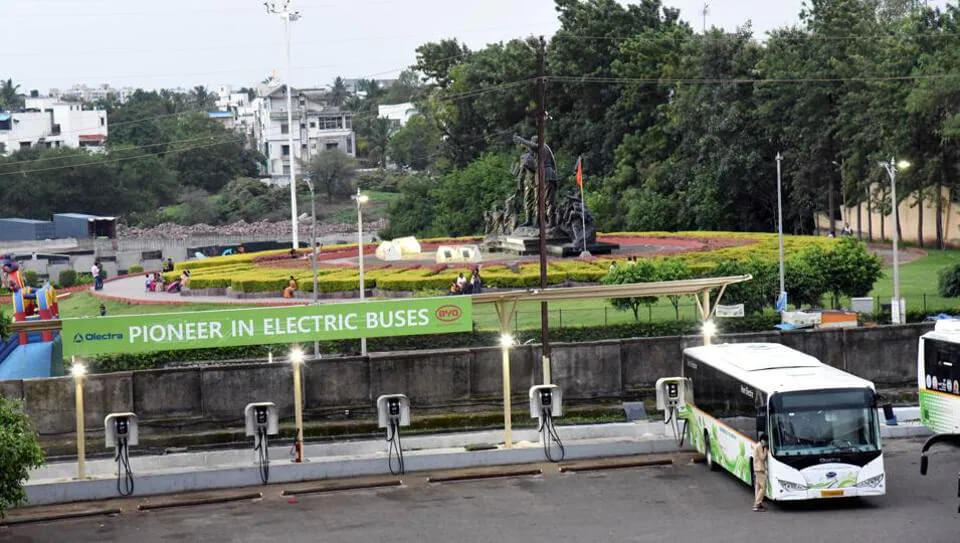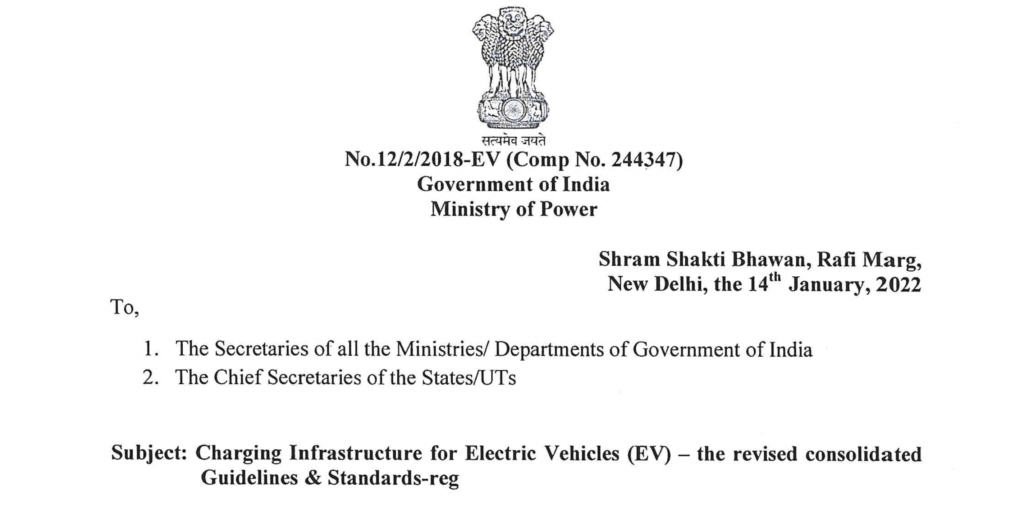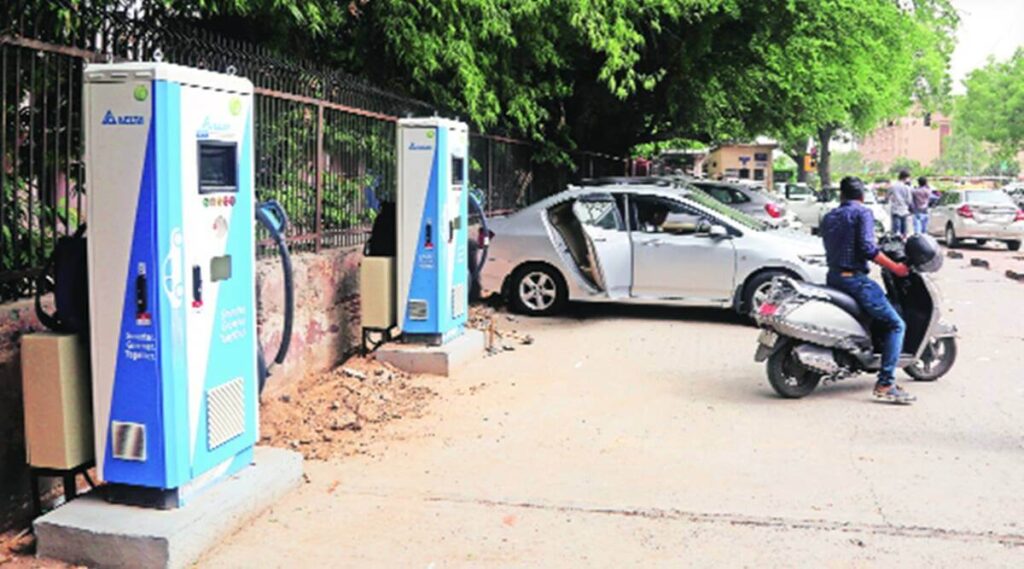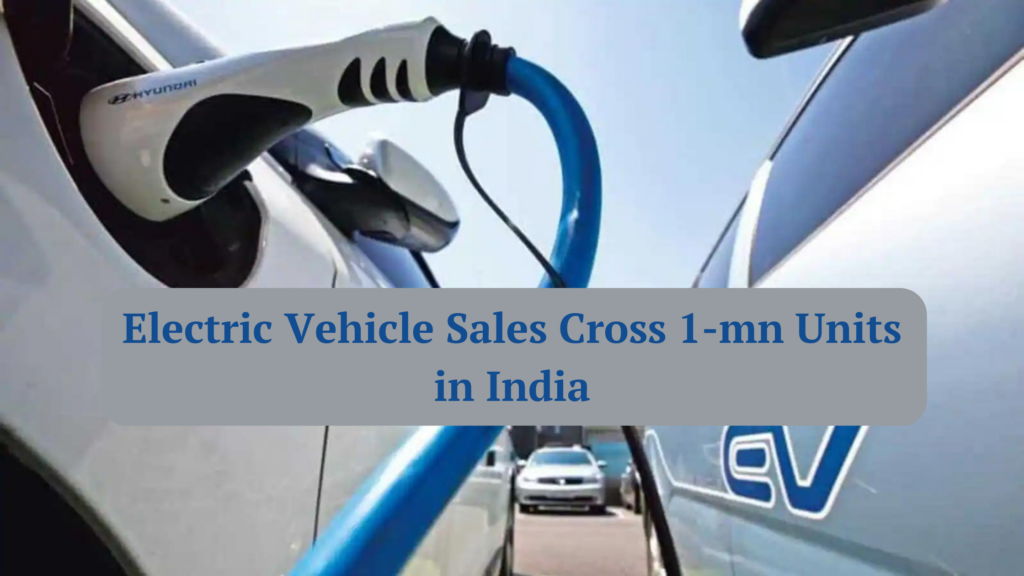
India has achieved a significant milestone in its journey towards electric mobility, as electric vehicle sales have crossed the one million mark in FY23, registering an impressive growth rate of 58 per cent. The Society of Manufacturers of Electric Vehicles (SMEV) has confirmed that the Indian EV industry recorded sales of 1,152,021 units in the financial year ending March 2023.

Electric vehicle sales cross 1-mn units in India, register growth of 58%
Two-wheelers are the largest contributor to the growth, accounting for 62 per cent of the total EV sales in the country. A total of 726,976 e-two-wheelers were sold during this period, indicating that the adoption of electric two-wheelers is gaining momentum in the country. Electric three-wheelers constituted the second-largest portion of the sales, with 401,841 units sold in the same period.
In contrast, the sales of electric cars stood at 47,127 units, while the electric buses represented only 0.16 per cent of the total EV sales, with just 1,904 units sold.
The SMEV has expressed its concern over the discontinuation of subsidies under the Faster Adoption and Manufacturing of Electric Vehicles in India (FAME India) scheme. The FAME India scheme is designed to promote the adoption of electric mobility in India by offering incentives and subsidies to EV manufacturers and customers. The SMEV has requested the Indian government to extend the eligibility criteria by two years and the FAME scheme for another 3-4 years to promote the adoption of electric vehicles in the country.
The sudden withholding of over Rs 1,200 crore subsidy, already passed on by the majority of original equipment manufacturers (OEMs) to the customers on the pretext of delay in localisation, has led to a decrease in the sales of EVs in the country. The SMEV has clarified that the sales of EVs have fallen after the festive season not because of a lack of consumer demand, but due to the sudden suspension of subsidies to companies that were unable to comply with the localisation eligibility.
India has set a target of achieving 30 per cent electric mobility by 2030. Achieving this target would require significant investments in the infrastructure, manufacturing, and supply chains, and the continued support of the government and private sector. The Indian government has taken several steps to promote electric mobility, including the introduction of the FAME India scheme, providing incentives for EV manufacturing and charging infrastructure, and reducing the Goods and Services Tax (GST) on EVs to 5 per cent.
The achievement of the one-million-unit milestone is a significant development that underlines the growing acceptance of electric mobility in the country. The rise in the adoption of electric two-wheelers, the largest contributor to the sales, is a clear indication that Indian consumers are willing to embrace clean and sustainable transportation. The SMEV’s call for an extension of the FAME scheme and the eligibility criteria is crucial to maintain the momentum and accelerate the adoption of electric vehicles in the country.
